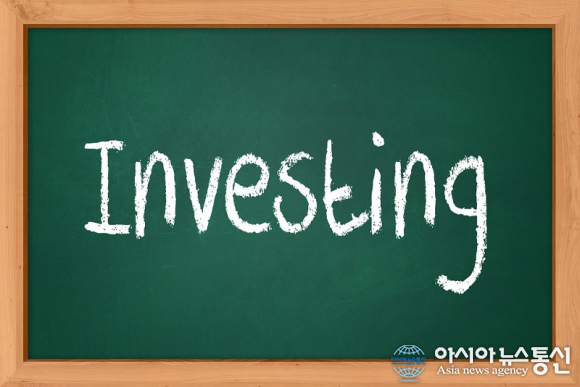 |
| Photo by: Chris Potter via Flickr |
In today's time, financial literacy is a must-have trait in order for people to guarantee themselves and their loved ones a secure future.
Is it hard to invest?
Do people need to be financially savvy in order to know what investment is all about?
The answer to both of these questions is no. This is because investment, like education, is something that they can do while learning some fundamentals and tricks concerning investment.
The Fundamentals
Investing is a commitment to provide money or capital to an endeavor with the hopes of clinching an additional income or profit.
Warren Buffett, an established investment figure, defines it as ". . . the process of laying out money now to receive more money in the future." The objective is to make money work in one or more investment avenues with the goal of cultivating money.
It is about "working smarter and not harder." The majority of the population would work hard, sacrificing many facets of life and adding a lot of stress. To take some of the hard-earned cash and investing for future needs is a way to make the most of what they earn.
Prioritizing is a skill that is being honed through investing. Spending is easy and provides quick satisfaction, yet investing is all about valuing financial futures over current wants.
Investing is about setting aside money while being busy with life and making that money work in order to fully reap the proverbial fruits of labor in the future.
Investment Departments
There various departments that investors can approach and each of these have their strengths and weaknesses. Understanding their different functions is essential to an investment's success.
Stocks. The acquisition of stocks is about having ownership in the company and the chance to participate in the company's success through its increases in the stock's price plus and dividends that the company could declare in the future.
Bonds. Debt tools where the investor is loaning money to a company or agency (the issuer) in exchange for periodic interest payments and the return of the bond's face amount, following its maturation. Corporations, the federal government, states, municipalities, and governmental agencies are the usual providers of this department.
Mutual Funds. A pooled investment department that an investment manager oversees, and it also permits investors to invest their money in stocks, bonds or other investment vehicles as stated in the fund’s prospectus.
Exchange-Traded Funds (ETF). This department shares some qualities with mutual funds, yet they are traded on the stock exchange during trading days. While mutual funds are valued at the trading day's end, ETFs are valued on a constant basis while the markets are open.
Alternative investments. These include real estate investments, hedge funds, and private equity.
Real estate investments are established through direct acquisition of a commercial or residential property. Real estate investment trusts (REITs) collect the investor's money and acquire properties. Like stocks, REITs are traded, and there are also mutual funds and ETFs that invest in REITs.
Hedge funds and private equity are only accessible to people who satisfy the income and net worth requirements to be considered as an accredited investor. Hedge funds can almost invest everywhere and could hold up better than conventional investment departments in unstable markets.
Private equities, meanwhile, permit companies to increase capital without going public. Private real estate funds that provide shares to investors in a pool of properties also exist.
Warren Buffet, the father of investing
If there is one great example of investing, then his name should come up first in the list of established investors.
Buffet began his investing career at the age of 11 when he acquired a stock, and by age 13, he learned to file taxes.
He is also known as the "Oracle of Omaha," and his Berkshire Hathaway has owned more than 60 companies from Geico to Dairy Queen.
At present, he has a net worth of $77.3 billion.

